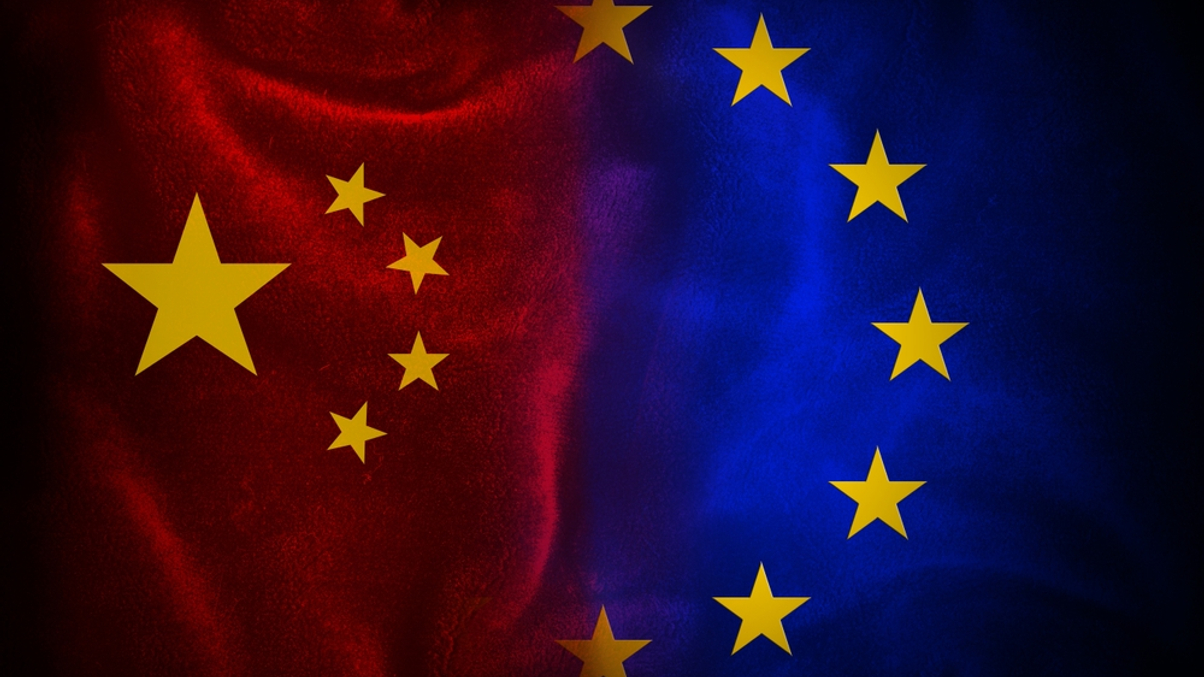Market Views: Are China and Europe heading towards a trade war?
Tit-for-tat tariffs and investigations threaten to derail the crucial trade relationship between Brussels and Beijing. Will we see further escalation? Market experts share their views.

Trade tensions between the European Union and China have escalated dramatically following the EU's announcement that it plans to impose significant tariffs on imported Chinese electric vehicles (EVs).
Sign in to read on!
Registered users get 2 free articles in 30 days.
Subscribers have full unlimited access to AsianInvestor
Not signed up? New users get 2 free articles per month, plus a 7-day unlimited free trial.
¬ Haymarket Media Limited. All rights reserved.


